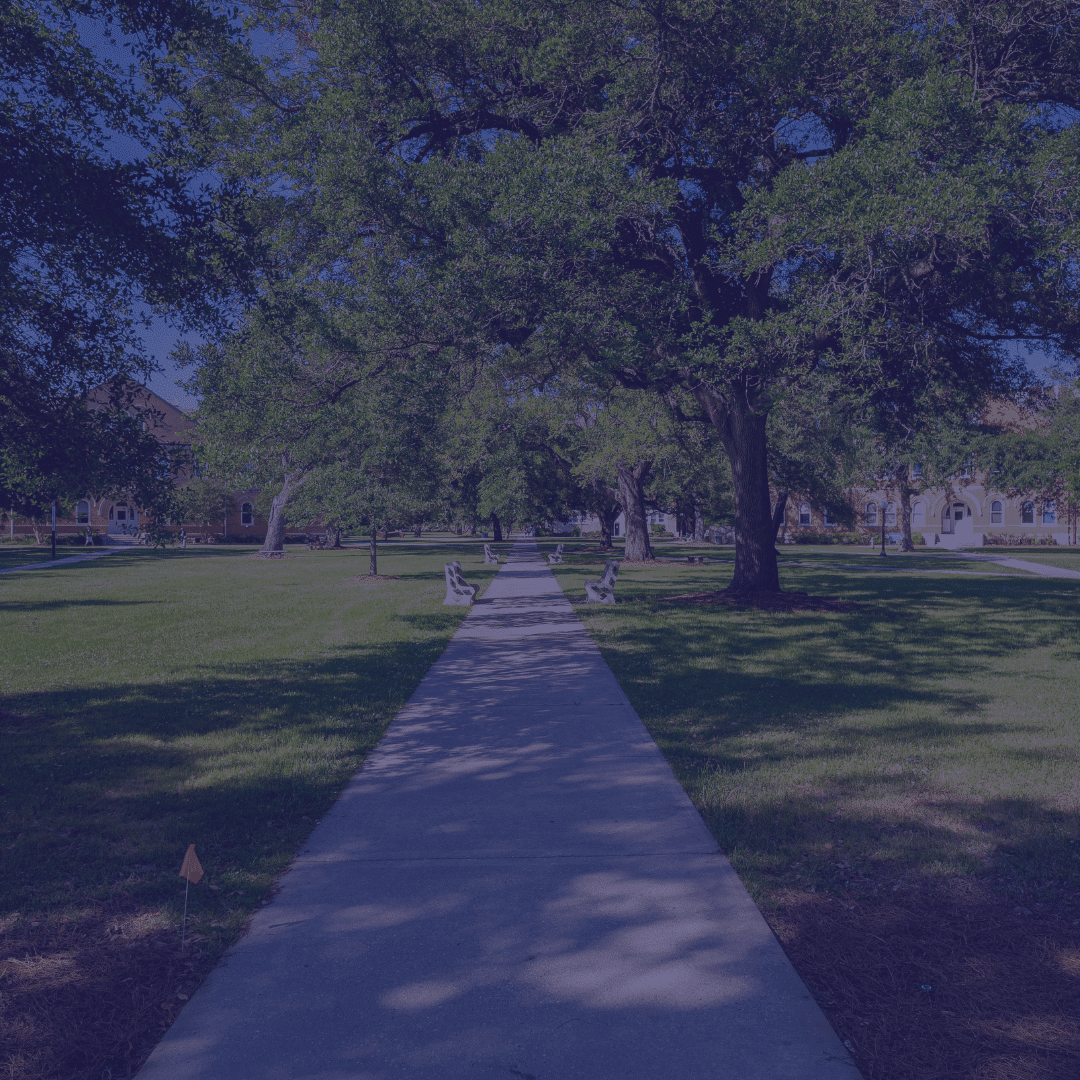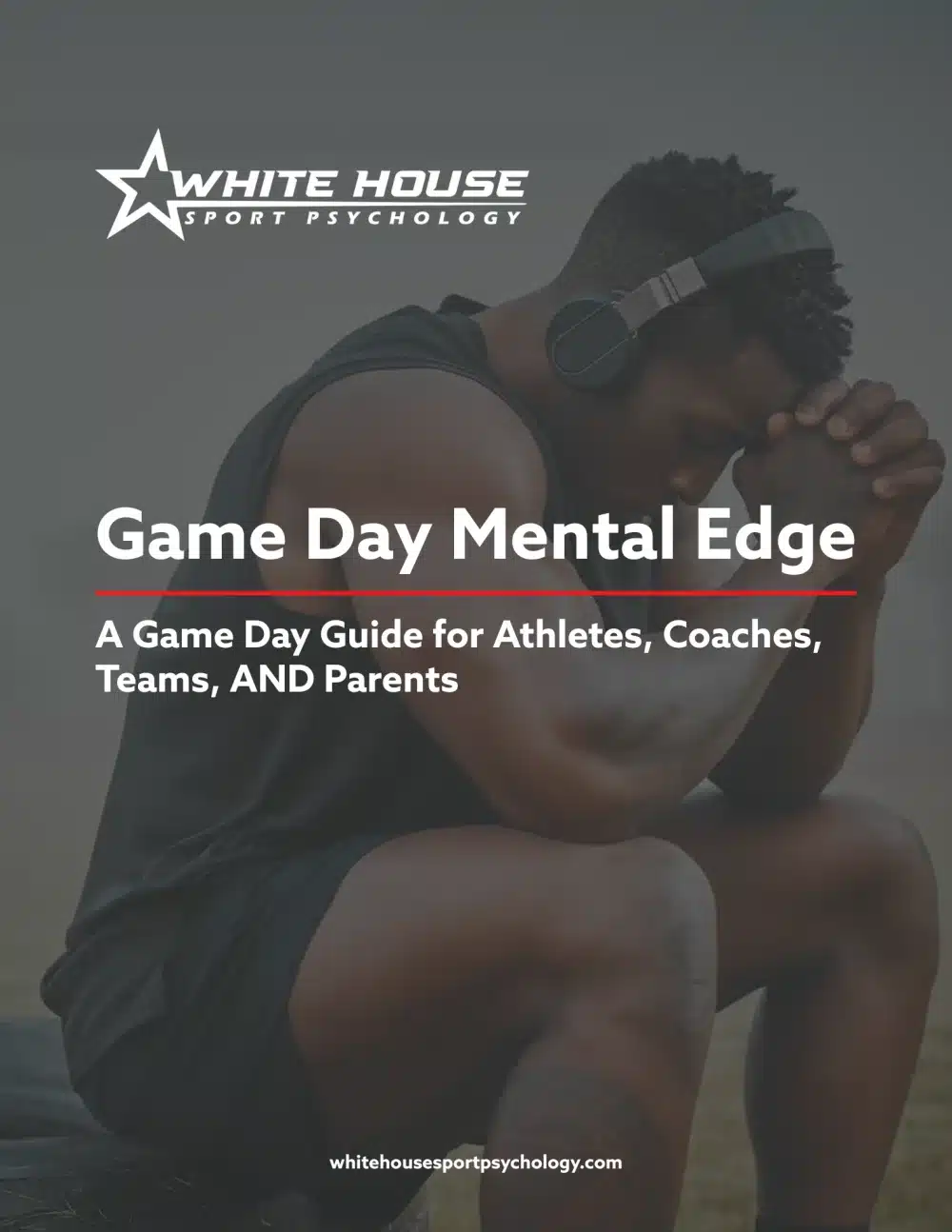NCAA Institutions Are Prioritizing Mental Health and Performance Support for Student-Athletes
NCAA member institutions have been trying to find creative solutions to their student-athletes’ mental health and performance needs for several years. New NCAA legislation mandates that colleges and universities provide accessible and appropriate resources.
Given these changes, it’s easy to assume that walking across campus to the school’s counseling center is enough to fulfill an institution’s responsibility to their student-athletes. However, the reality is that mental health care for student-athletes is a bit more complex than using the existing service provided to the larger student body population. What’s known or convenient may not always be in the best interest of student-athletes, athletic departments, or even the institutions themselves.
Three Key Words: Access, Appropriate, Resources
Many universities have University Counseling Centers (UCCs) that provide general mental health services and other resources for their student population. However, the conversation really needs to begin with “access” and “appropriate.”
Access
Demand for mental health support, particularly among younger populations, has been on the rise for years. The COVID-19 pandemic only heightened that demand. Student-athletes are no exception.
Despite counseling centers on many campuses, those offices often need to be more staffed and overbooked, creating a challenge for student-athletes who often need quick access to meaningful support in their demanding schedule.
Having a counseling center on campus doesn’t automatically mean that student-athletes have meaningful access to those services. Factors like athletes’ unique needs, the availability of sport-specific mental performance specialists, and the timeliness of care can make a huge difference.
Consider these numbers. On average, 10-15% of the student body at a college or university will seek mental health services from a traditional campus counseling center. But that doesn’t accurately depict the experience of student-athletes.
In fact, less than 10% of student-athletes will seek mental health or performance services from a traditional counseling center on campus. However, when student-athletes have access to a dedicated sport psychology service, 36% of student-athletes will utilize that service. That’s a three-fold difference!
The take-home message is simple—athletes want to work with clinicians and staff who are part of a dedicated sport psychology service. When that dedicated service exists, they use it. When it doesn’t, they don’t. This also brings us to the next keyword—appropriate.
Appropriate
Beyond access, the services themselves must be appropriate. This means hiring sport psychology professionals who have specific education, training, and experience that extends above and beyond the education of a traditional mental health provider. The three factors of specific education, training, and experience heighten a sport psychology professional’s understanding of athletic culture and the demands student-athletes face.
Sport psychology professionals use this additional training to help them guide their clients through the high-pressure environment of competitive sports and offer tailored support that resonates with athletes’ unique psychological, emotional, and physical challenges.
Unfortunately, many campuses don’t have professionals trained in these areas. Even if a general mental health counselor is available, they rarely have a complete understanding of the rigors of athletic life or the stresses and challenges that often come with it.
Thus, the need for accessible and appropriate sport psychology resources is critical for today’s student-athletes.
Accessible to Appropriate Resources
Integrating access and appropriateness is vital for creating sustainable mental health and performance support systems. Most UCCs operate on a recommended counselor-to-student ratio of 1:150, a number that was established decades ago when utilization rates were far lower.
Given the growing demand for appropriate sport psychology resources, colleges and universities need to start looking beyond the traditional campus counseling center. Not only should colleges and universities hire clinicians educated and trained in sport psychology, but they should remember that when the resource is appropriate and accessible, student-athletes will utilize the service at 3-times the rate of the general student body.
Hiring (or contracting) with a first sport psychology professional is a great place to start. However, it is important to know that the average athletic department has over 500 student-athletes, and thus, hiring the first sport psychology professional is just a start. Be prepared to add additional staff to create a service that is not only accessible and appropriate but also sustainable.
Remember this: a resource that is not sustainable ceases to be a resource at all. Thus, over time, athletic departments ought to build a team of dedicated sport psychology professionals. One way to jump-start this process is to contract with an established group of sport and performance psychology professionals, such as White House Sport Psychology.
Take Action: Build Sustainable Mental Health Support for Your Student-Athletes
Addressing the mental health needs of student-athletes requires providing accessible and appropriate resources and ensuring these services are sustainable and effective. This is where White House Sport Psychology comes in. We’re not just here to provide care but to create lasting change.
We want to help you create a lasting sport psychology resource that is accessible and appropriate, one that ultimately empowers your athletes to excel mentally and physically.
Ready to learn more about White House Sport Psychology and how our team of experts can support your athletic department’s mental health initiatives? Schedule a free consultation here and move your department one step closer to providing the comprehensive support your athletes need both on and off the field.

